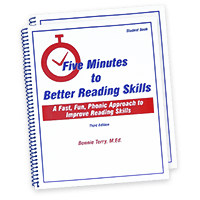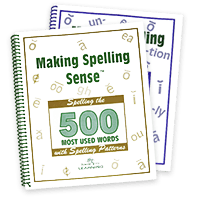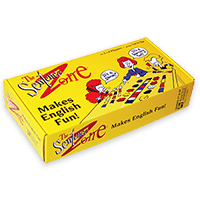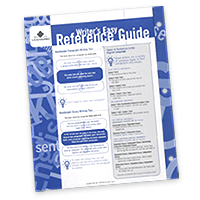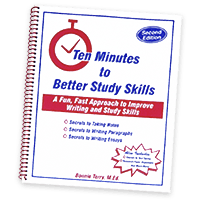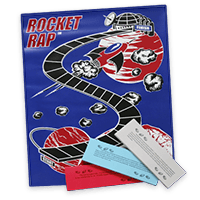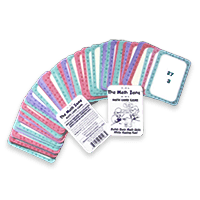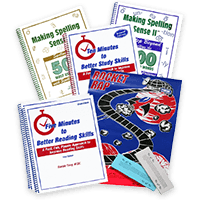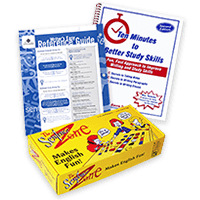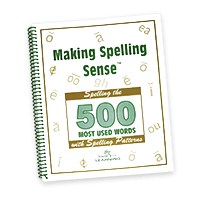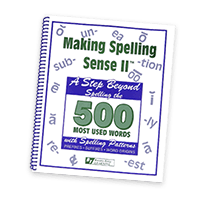Tips for Writing Sentences (and Stories!) with Your Spelling Words
October 20th, 2021[vc_row][vc_column][vc_column_text]Many teachers assign homework with their list of weekly spelling words. The assignment may be to use their spelling words in sentences or to write a story using their spelling words. Both of these assignments can be daunting for a lot of kids. So, what can you do to make these assignments easier?
Writing Sentences with Your Spelling Words
The first step is to list the spelling words on a separate sheet of paper. For younger students, sometimes, it is easiest to write the list for them. Once they use a word, make sure to mark an ‘x’ or checkmark next to it. This makes it easy for your kids to keep track of which words have been used.
Then, create some leading questions to help your kids start generating sentences using the words on their list. Ask them where, when, how, why, or what regarding the word always sparks a response. Sometimes kids are able to tie one sentence into another using several of the words.
Be silly and have fun! Let the kids be creative. Write down the ideas that are brought up by the kids from their list of words. Before you know it, the ideas using the spelling words make sentences that just need to be recopied. And, in the process, you will have some great one-on-one time.
Example spelling words: high, near, every, west, lives[/vc_column_text][vc_column_text]
Prompt |
Sentence |
|---|---|
| What is something that is high in your room? | My china doll is on the high shelf in my room. |
| Who is someone near you? | My best friend Marcos lives near me. |
| When do you do something every day? | I brush my teeth every morning. |
| Where is west? Or who lives in the west? | My uncle lives on the west coast in San Francisco. |
[/vc_column_text][/vc_column][/vc_row][vc_row][vc_column][vc_column_text]
Writing Stories with Your Spelling Words
The same process can be applied to story writing as well. Keep in mind when kids try to write at the same time as they are creating their story, they typically create ‘holes’ in the story, places where words have been left out. This is because their brain is working faster than their hand. They typically write the first few words of the first thought down and then the second thought comes to them and they start writing it as the second half of the first sentence. It helps to have them re-read their work and to even re-write the ‘draft’ of the story. This way, they will likely even catch their own errors.
Simple Ways to Write a Story Using Your Spelling Words
- Start the same way as writing individual sentences with your spelling words by having your word list next to you.
- Talk about where the story would take place, the time of day, who would be in the story, and what the character might be doing. that covers the who, what, where, and when that is needed when writing a story.
- As you talk about those things, write down the ideas.
- Then have the child tell the story, putting in the spelling words. Write the story down as it is being told to you.
- Every once in a while they may get ahead of themselves and you may say, “Wait a minute, how did he (the character) get from here to here? You need to tell us.”
- So, then the transition needs to be filled in.
- Double-check to be sure that all of the words are used (check them off your list next to you as you go), adding any that needed to be added.
- After this session (about 20 minutes), the story is done.
- Then, have the student recopy it to be turned in the next day.
[/vc_column_text][vc_separator][/vc_column][/vc_row][vc_row][vc_column width=”1/3″][vc_single_image image=”36207″ img_size=”full” onclick=”custom_link” link=”https://scholarwithin.com/spelling-program” el_class=”mb15″][/vc_column][vc_column width=”2/3″][vc_column_text]
At-Home Online Spelling Program
Learn to Spell with Spelling Patterns and Phonics
Your child or students will learn step-by-step the structure of the English language. They’ll learn how to use the 8 spelling patterns to accurately and confidently spell tens of thousands of words. The program teaches through video lessons and tests, puzzles, worksheets, and printable card games.
This spelling program is research-based and is perfect for homeschoolers, grades K-8, adults that struggle with spelling, and English Language Learners (ELL).
Learn More[/vc_column_text][/vc_column][/vc_row][vc_row][vc_column width=”1/3″][vc_column_text]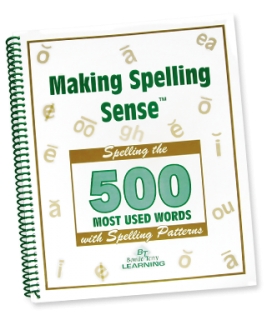 [/vc_column_text][/vc_column][vc_column width=”2/3″][vc_column_text]
[/vc_column_text][/vc_column][vc_column width=”2/3″][vc_column_text]
Making Spelling Sense
Learn to Spell with Spelling Patterns and Phonics
Your child or students will learn how to spell over 500 of the most frequently used words in the English language very quickly with this step-by-step method. In fact, you will be able to spell thousands of words.
Learn More[/vc_column_text][/vc_column][/vc_row][vc_row][vc_column][vc_separator][/vc_column][/vc_row][vc_row][vc_column width=”1/3″][vc_column_text] [/vc_column_text][/vc_column][vc_column width=”2/3″][vc_column_text]Bonnie Terry, M. Ed., BCET is internationally recognized as America’s Leading Learning Specialist. She is an award-winning author and learning disability specialist and board-certified educational therapist.
[/vc_column_text][/vc_column][vc_column width=”2/3″][vc_column_text]Bonnie Terry, M. Ed., BCET is internationally recognized as America’s Leading Learning Specialist. She is an award-winning author and learning disability specialist and board-certified educational therapist.
Bonnie is the best-selling author of: School Strategies for ADHD Kids, Five Minutes to Better Reading Skills, Ten Minutes to Better Writing and Study Skills, and The Sentence Zone Game.[/vc_column_text][/vc_column][/vc_row]






